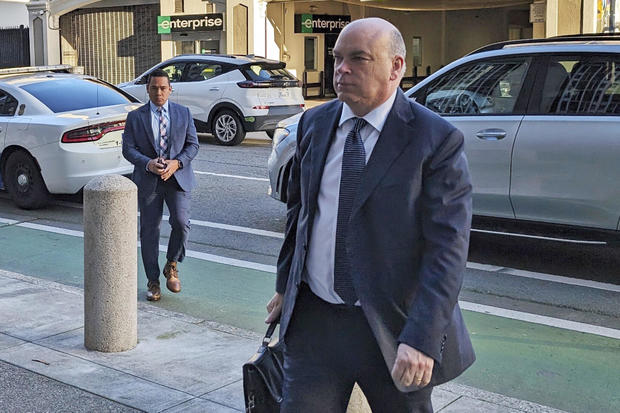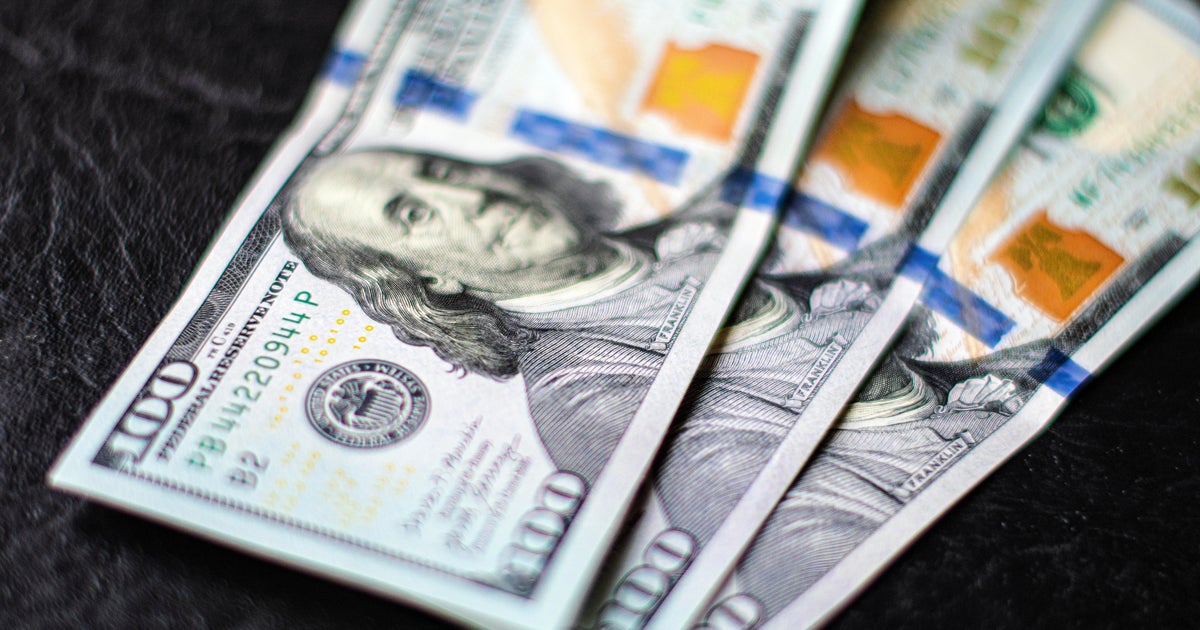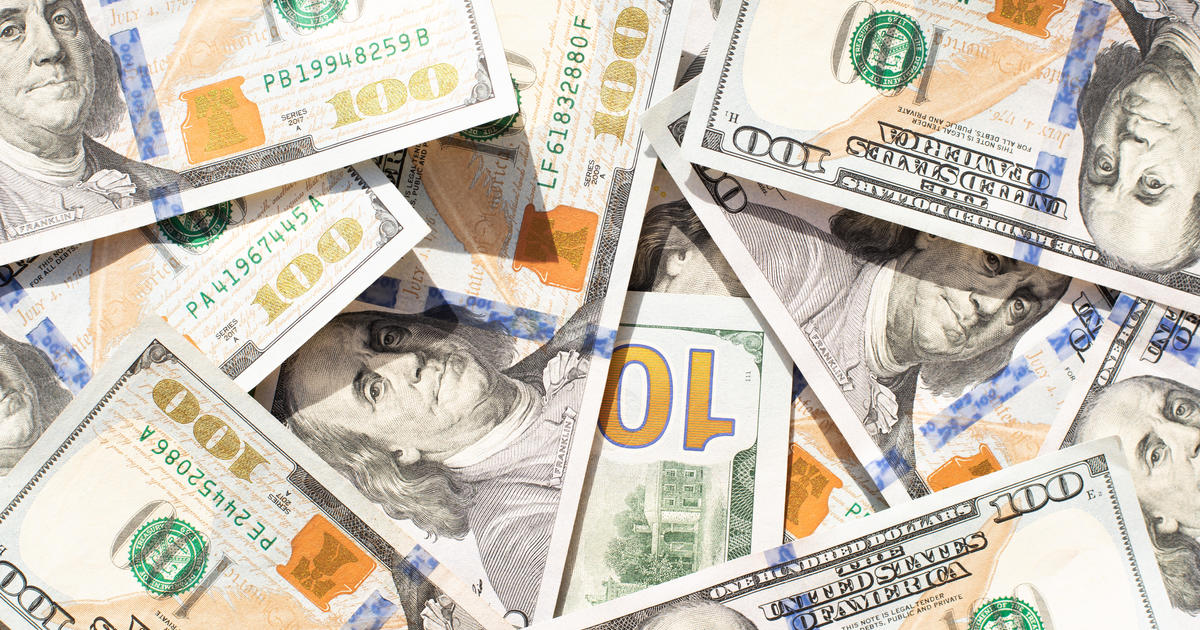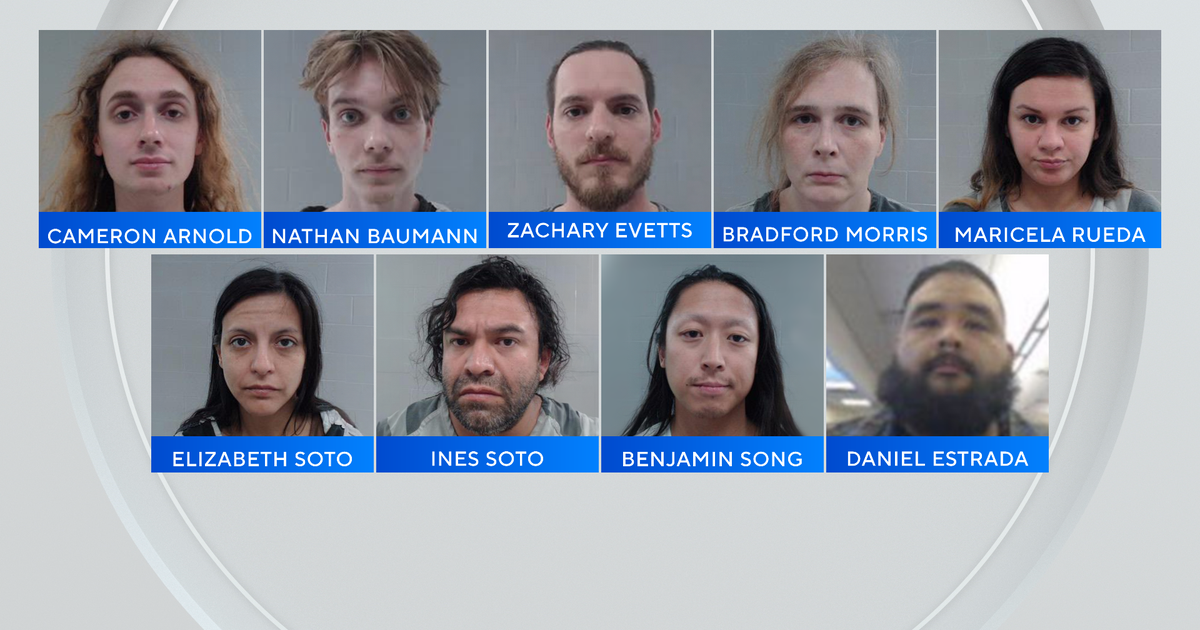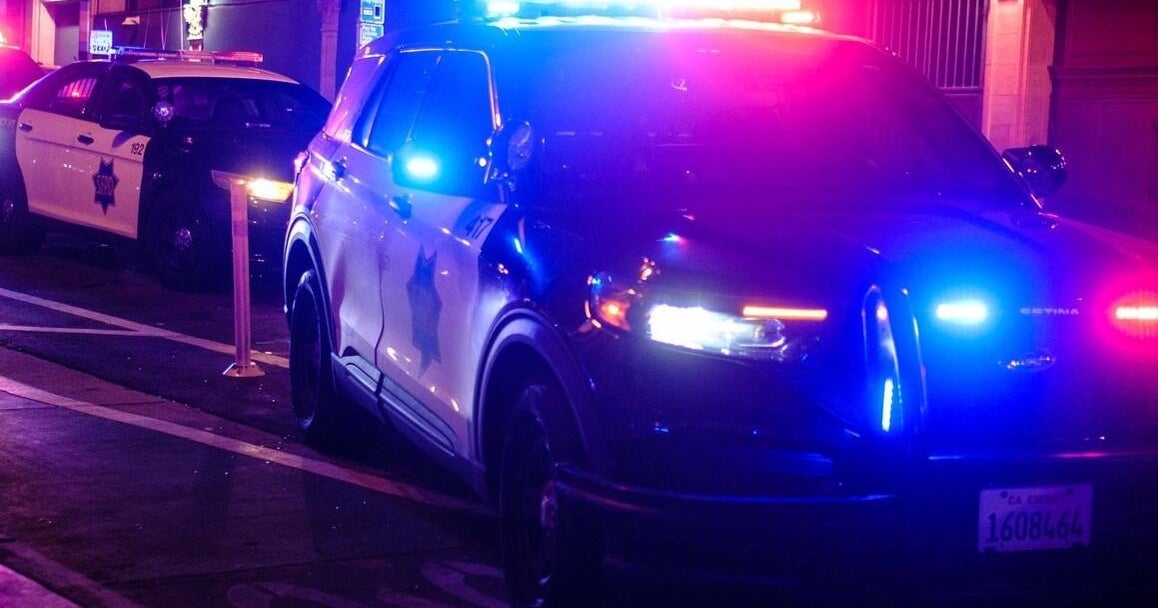One-time British tech titan Mike Lynch acquitted of fraud in $11 billion deal with Hewlett Packard
San Francisco — Mike Lynch, once hailed as Britain's king of technology, has been cleared of charges alleging he orchestrated a fraud and conspiracy leading up to an $11 billion deal that turned into a costly albatross for Silicon Valley pioneer Hewlett Packard.
The not-guilty verdicts reached Thursday by a federal court jury in San Francisco followed an 11-week criminal trial that delved into the history of HP's 2011 acquisition of Autonomy, a business software company that Lynch founded and then oversaw as CEO in Britain. HP at first celebrated the purchase as a huge coup that would propel the Palo Alto, California, company down a promising new path, but then quickly came to regret it under then-CEO Meg Whitman.
The jury acquitted Lynch on all 15 felony counts facing him. Toward the end of the trial, U.S. District Judge Charles Breyer threw out a count of securities fraud included in the U.S. Justice Department case against him in an indictment dating back to 2018. It took years to extradite Lynch from the U.K. and then more legal wrangling before the trial finally began in mid-March.
Lynch, 58, had been free on $100 million bail.
Being accused of a massive fraud represented a dramatic turn in fortune for an entrepreneur once described as the Bill Gates of Britain - a title he seemed to live up to when he negotiated the Autonomy sale that generated a more than $800 million windfall for him.
The acquittal vindicates Lynch, who spent years fiercely denying he did anything wrong, while painting HP as a technological train wreck.
It's yet another setback for HP, which had spent years blaming Lynch for duping the company into a deal that deepened its troubles and stained a legacy dating back to the company's 1939 inception in a Silicon Valley garage.
Bloomberg reported that Lynch "hugged his lawyer and wiped his eyes after the verdict was read as some people in the courtroom were audibly crying."
In a statement, Lynch said he was elated with the verdict and thanked the jury for poring over the facts in the complex case.
"I am looking forward to returning to the U.K. and getting back to what I love most: my family and innovating in my field," Lynch said.
Another former Autonomy finance executive, Stephen Chamberlain, faced fraud charges alongside Lynch during the complex trial. The same jury acquitted Chamberlain, as well.
Among other things, they were accused of inflating Autonomy's revenue.
A Justice Department spokesperson, Abraham Simmons, told the Reuters news agency, "We acknowledge and respect the verdict."
After prosecutors called more than 30 witnesses to the stand to help make their case, Lynch testified in his own defense over several days last month and occasionally spoke directly to the jurors while explaining various turns of British phrasing.
Like his own lawyers, Lynch contended he did nothing wrong and argued that Whitman unjustly turned him and Autonomy into a scapegoat for HP's own mismanagement and deteriorating financial condition.
Whitman, who became HP's CEO after an unsuccessful campaign to become California's governor in 2010, ended up recognizing $8.8 billion in losses in the Autonomy deal and eventually fired Lynch in 2012 while accusing him of cooking the books. She also laid off thousands of workers as HP's fortunes sagged and eventually split the company in two to separate its personal computer and printer operations from products and services sold to other businesses.
Although Whitman wasn't called to testify, the trial probed into HP's downfall under her direction. Another former HP CEO, Leo Apotheker, who negotiated the Autonomy deal, was called to the stand by federal prosecutors to outline Lynch's alleged misconduct.
Apotheker initially saw Autonomy as a key piece of his plan to lessen HP's dependence on selling PCs and printers during the advent of the smartphone. Evidence presented at the trial indicated that HP had internally valued Autonomy at as much as $46 billion, primarily because of its software that helped other businesses quickly find valuable information buried in email and other digital documents.
While federal prosecutors depicted Lynch as an iron-fisted and underhanded boss during his 16-year reign as Autonomy's CEO, his lawyers cast him as the prototypical tech nerd who enjoyed eating cold pizza late at night while brainstorming through ideas that could turn into gold.
